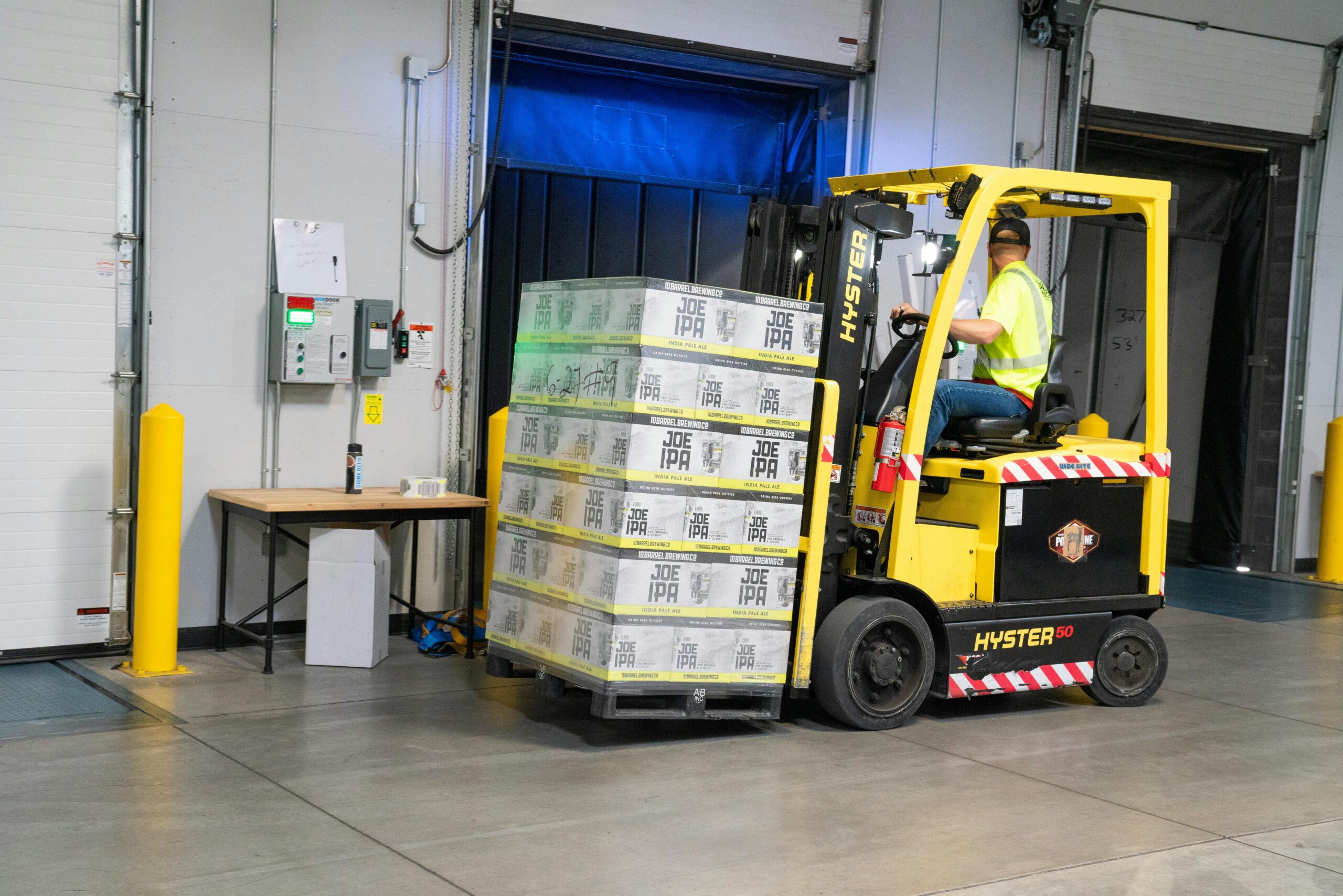
Seasonal transitions in retail, manufacturing, and logistics can create operational challenges—especially when it comes to managing excess stock. As consumer trends shift and new product lines arrive, businesses often find themselves stuck with outdated, unsold, or overstocked inventory. Whether it’s leftover winter gear in the spring or unsold summer merchandise before the holidays, efficient and responsible excess stock removal becomes essential. Partnering with professional waste removal services not only clears space for incoming stock but also helps maintain regulatory compliance and environmental responsibility.
Waste management companies that specialize in commercial junk removal offer tailored solutions for seasonal stock transitions. These services typically go far beyond traditional trash pickup. They can include scheduled pickups, palletized load handling, recycling, donation coordination, and even data reporting for ESG (Environmental, Social, and Governance) tracking. This means your business isn’t just getting rid of old inventory—it’s doing so in a way that supports sustainability goals and reduces waste sent to landfills.
One of the key benefits of using an excess stock removal service is the speed at which items can be cleared out. Seasonal transitions often come with strict timelines, especially for retail and warehousing operations. Coordinating internal staff to manage large quantities of unsellable inventory can be inefficient and costly. Professional junk removal teams are trained to handle bulk removals quickly and with minimal disruption to day-to-day operations. Many companies also offer after-hours service options to ensure cleanouts don’t interfere with customer flow or daily logistics.
Environmental responsibility is another reason businesses are turning to third-party excess stock removal providers. Rather than simply dumping unwanted items, many waste removal partners sort, recycle, or donate usable goods. Products that are still in good condition can often be donated to local nonprofits, shelters, or international aid organizations. This not only minimizes environmental impact but also enhances a company’s brand reputation as a socially conscious business. In some cases, businesses may even be eligible for tax deductions for donated goods.
Another critical consideration is regulatory compliance. Disposal of electronics, perishables, hazardous materials, or branded items may be subject to strict rules depending on your industry and location. Improper disposal could result in fines or negative publicity. Reputable removal companies understand local and federal regulations and can ensure compliance throughout the cleanout process. They can also provide certificates of disposal or recycling documentation if required for audits or sustainability reporting.
Seasonal transitions are also a great opportunity to evaluate your company’s storage, inventory practices, and warehouse efficiency. By regularly using removal services during these periods, businesses can better track which products tend to underperform seasonally. This data can inform future purchasing decisions and reduce the need for such large-scale disposals in the future.
To get the most from excess stock removal services, businesses should plan ahead. Booking early with a preferred waste management partner ensures availability during peak transition periods. It’s also wise to perform an internal inventory audit before pickup day, clearly labeling what’s to be removed, recycled, or donated. Transparent communication with your removal company will help streamline the process and avoid any costly mistakes.
During seasonal transitions, leveraging these services can help your business maintain momentum, protect its brand image, and move into the next cycle fully prepared.

